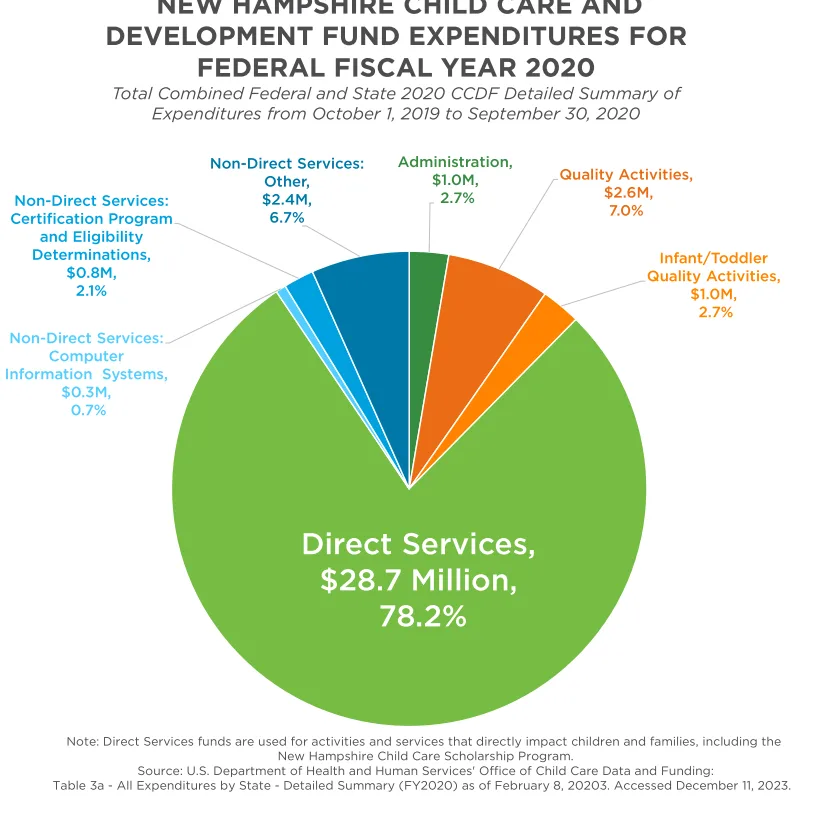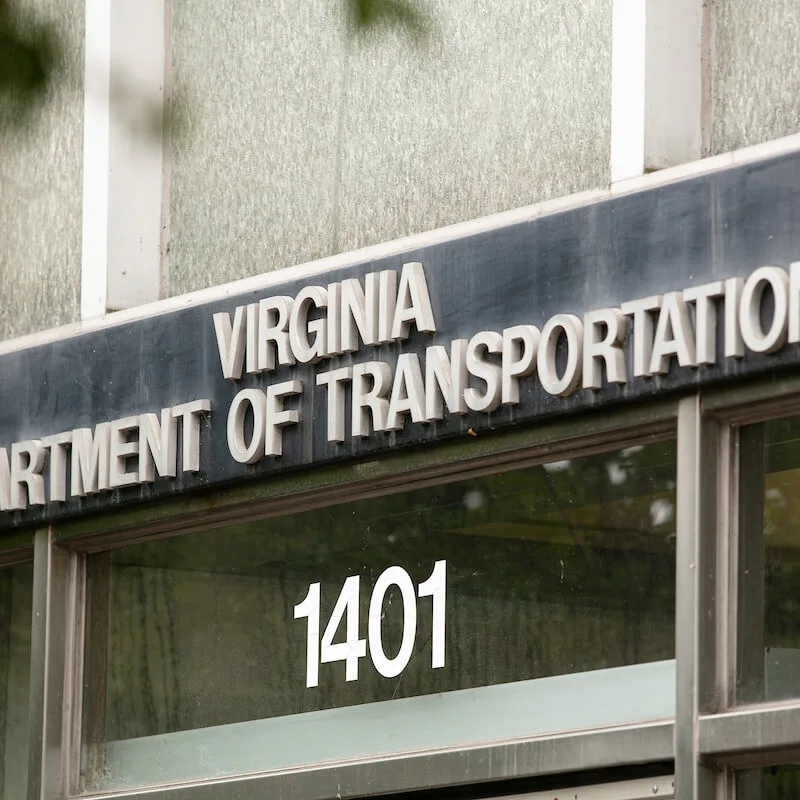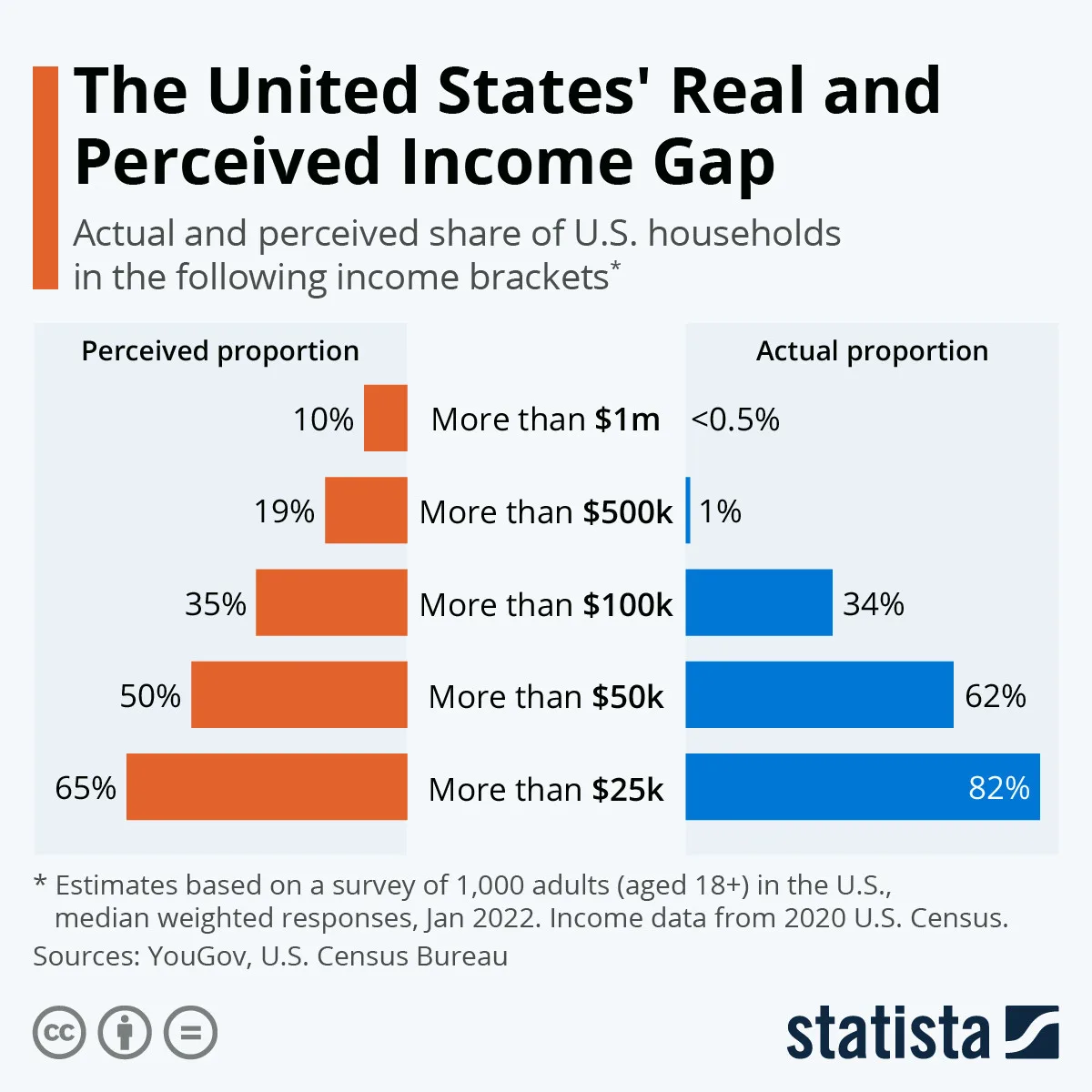New Hampshire is facing a significant child care shortage that is expected to have severe economic implications. A study by the New Hampshire Fiscal Policy Institute reveals that child care shortages may lead to an annual loss of up to $56 million for businesses across the state. This alarming statistic highlights the critical issue, as many parents are forced to leave the workforce due to the lack of available and affordable child care options.
According to a report, over 32,000 children in New Hampshire are impacted, and this crisis is further aggravated by the COVID-19 pandemic, which left many child care providers struggling to stay open. Executive Director of the New Hampshire Child Care Resource and Referral Network, Mary D. Jo, emphasized, “Without accessible child care, we are not only affecting families but the entire workforce and economy. Our state cannot afford to lose this vital resource any longer.”
Moreover, a survey indicated that many parents are uncertain about returning to work due to these child care constraints. The economic repercussions of this shortage stretch beyond individual families to affect overall economic growth.
The study also addresses the systemic issues contributing to this shortage, such as low wages for child care providers and insufficient funding for child care programs. Many child care facilities have closed or scaled back, further constricting the availability of services. As businesses grapple with staffing challenges and parents navigate their employment options, the need for policy intervention is becoming increasingly urgent. As stated by economist David S. Howland, “Addressing the child care crisis is essential for New Hampshire’s economic recovery and growth.”
Immediate action is needed from policymakers to support and expand child care services, ensuring that families can access the care they need while contributing to the workforce. The reality is that significant investments in child care infrastructure will be crucial to mitigate the ongoing impact of these shortages on New Hampshire’s economy. Without these investments, businesses could continue to suffer losses, and families may find themselves in a precarious position as they try to balance work and parenting responsibilities.











